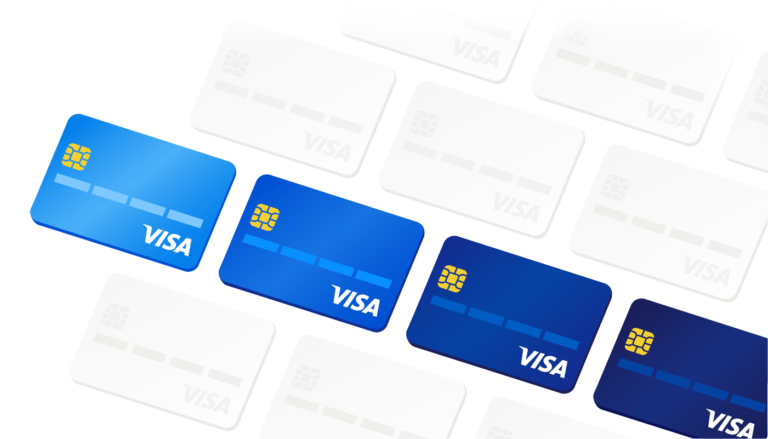
Fintech startups are actively innovating the payments space, and as a result Canadians are transacting digitally more than ever before.
Frictionless, real-time payments have created benefits for consumers, but this has also created a wider landscape for fraudsters.
As personal information is digitized, consumers are at increased risk of being targeted by threat actors seeking to get a hold valuable information.
A report this month from Visa highlights how criminals have reached a new level of sophistication to ensnare otherwise savvy Canadian consumers. “The Language of Fraud,” as Visa calls it, is sly enough to trick even the Canadians who are confident in their ability to spot a scam when they see it.
And Visa says the Language of Fraud is working: 35% of Canadians admit to having fallen for a scam on one or more occasions, the company reports.
“Canadians are cautious about financial security threats, but it is crucial to remain diligent when it comes to security hygiene,” says Maryam Saeed, Head of Risk at Visa Canada.
Saeed recommends updating passwords regularly and to “avoid clicking on links in any unsolicited emails or texts, and never give out sensitive data to anyone over the phone unless you are sure who you are talking to.”
Fraud Prevention Month is almost over, but the threats won’t subside come April.
Canadians receive fraud attempts with alarming regularity—once a week for more than half of us, according to a report from Interac.
“Fraud and identity theft are serious issues that can have devastating impacts on people financially and emotionally,” Julie Kuzmic, Equifax Canada’s Senior Compliance Officer, Consumer Advocacy, said recently.
She suggests minimizing sharing on social media, using two-step authentication online, and double-checking all financial statements.
Fraud Prevention Month is an annual campaign that seeks to help Canadians recognize, reject, and report fraud. This year’s theme is designed to “help Canadians recognize the increasingly sophisticated tricks and tools scammers use to entrap victims,” according to the Government of Canada.
Speaking of government, there is a growing expectation that states and businesses need to do more. Regarding government action, 92% of Canadians surveyed by Equifax felt that penalties for identity theft and fraud should be increased and 86% believe the government should do a better job of educating people on how to protect their personal data.
Over the past five years, Visa has invested $10 billion in technology to counter fraud and increase network security. In addition, Canadian companies such as Vancouver-based Trulioo are working on technology that aims to minimize the possibility of identity theft across the digital sphere.


Leave a Reply